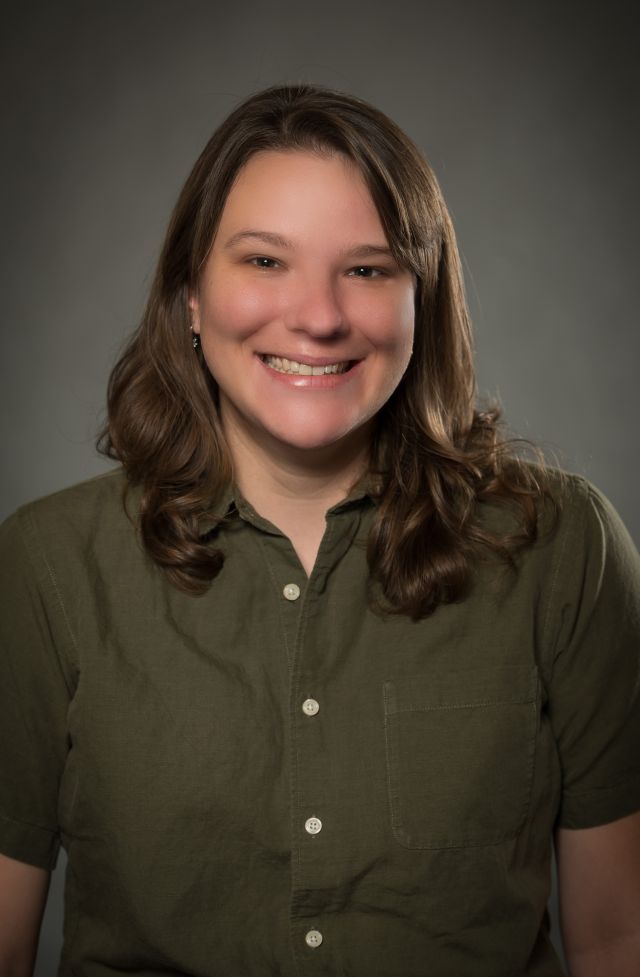Carolyn Mills, Ph.D., Postdoctoral Fellow, Northwestern University

Title: Engineering Spatial Organization in Biology via Protein-Driven Phase Separation and Assembly
Abstract: Engineering biology efforts have yielded remarkable progress towards addressing emerging societal challenges in areas from sustainability to human health. However, many of these efforts largely overlook the potential of spatial control that is central to the efficiency of processes like pathogen invasion and carbon fixation. Protein-driven spatial organization is a promising strategy for realizing this control, as proteins can drive many types of macromolecular assembly, from liquid-liquid phase separation to well-defined nanocontainer formation. Our ability to program this spatial organization, however, is limited by our understanding of the physical principles underlying protein assembly. In this talk, I will discuss two examples in which examining fundamental protein phase behavior and assembly directly furthered engineering applications. In the first example, I will describe our discovery that proteins called elastin-like polypeptides (ELPs) exhibit cononsolvency, where solvents like ethanol help drive ELP phase separation. I will then explain how our understanding of this phase transition facilitated development of a high-throughput, centrifugation-based desalting method for protein materials. In the second example, I will discuss our investigation into the assembly mechanism of naturally-occurring multi-protein assemblies called bacterial microcompartments (MCPs), and how we leveraged our newfound understanding of this assembly to reprogram MCPs for bioproduction applications. Overall, these case studies illustrate how a fundamental understanding of protein-driven assembly and phase transitions can address diverse problems in engineering biology.